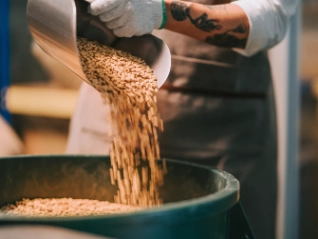Atradius Atrium
Vår nya kredithanteringsportal ger Er direkt tillgång till alla Atradius online applikationer i en portal.
 Sverige
Sverige







Visning 7 ut ur 31
Industry growth slows as global trade applies the brakes


Can South Africa's GNU party overcome tensions and structural challenges to unlock GDP growth?

US tariffs, geopolitics and lower demand trigger a contraction of global automotive production in 2026

Tar...

Pharmaceuticals businesses throughout the world are reviewing their operational and...

Chemicals production growth projected to slow in 2025/2026 due to US tariffs

Trade tensions trigger higher insolvencies
Visning 7 ut ur 205